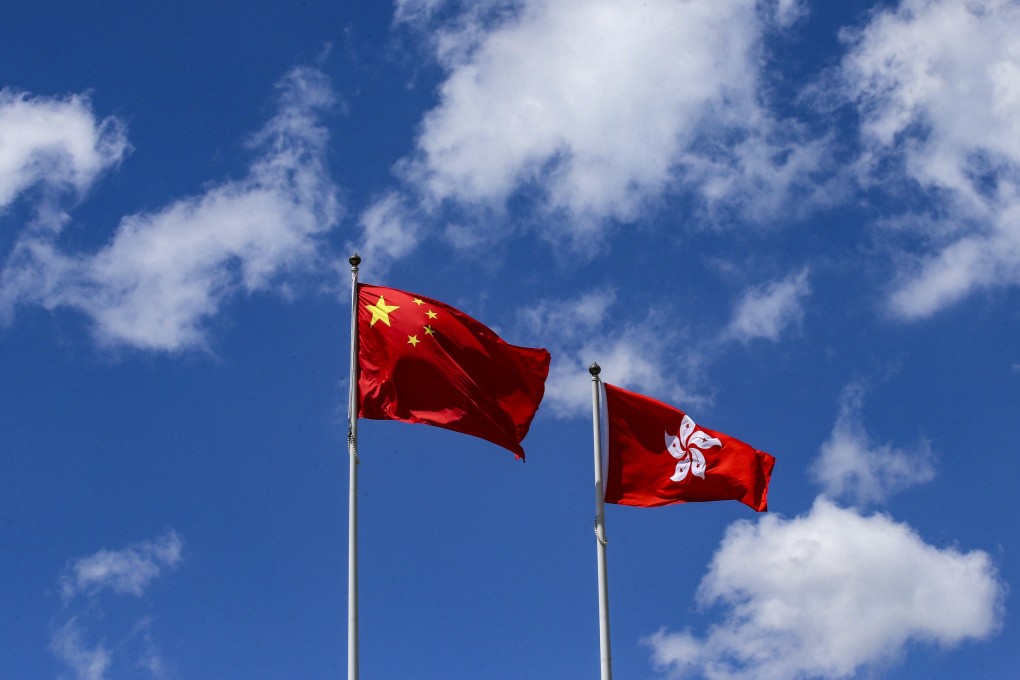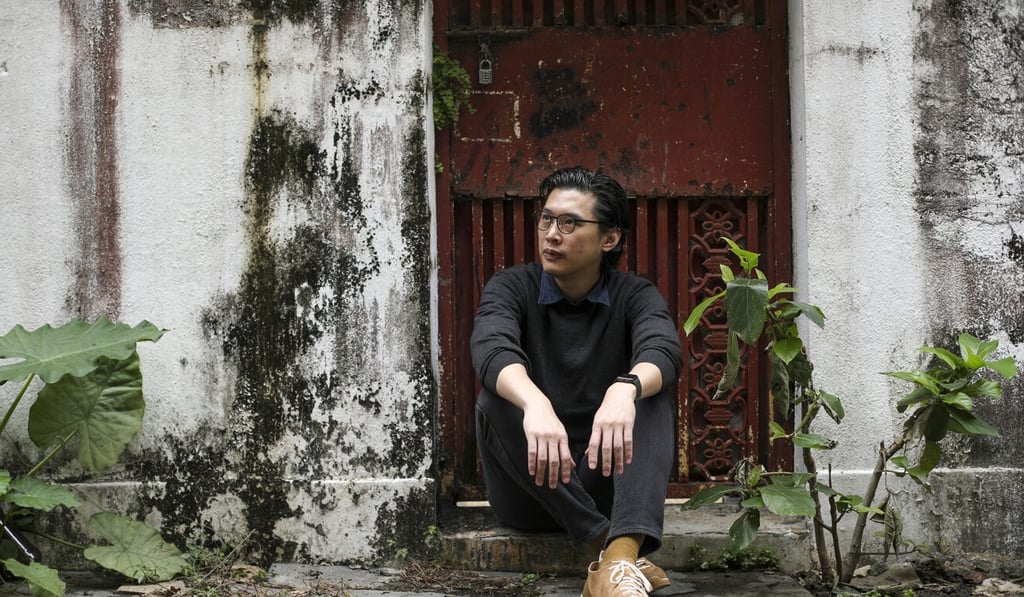District councillors prepare for oath-taking ceremony in a first for Hong Kong
- The rule previously applied mostly to senior officials, judges and legislators
- If the government deems pledges insincere, the district councillors could lose their seat

District councillors will on Friday morning be required to swear their allegiance to Hong Kong in the first oath-taking ceremony for the directly elected municipal leaders.
A total of 25 members, including at least 13 from the opposition camp serving on four Hong Kong Island district councils, will be the first to fulfil the new legal requirement. If authorities feel they did not do it properly, they could lose their seats.
The obligation was previously limited to mostly senior officials, judges and legislators, but was expanded to civil servants and district councillors earlier this year. It came after the opposition bloc took control of 17 out of the 18 district councils in the 2019 elections.

The oath-taking, to be administered by Secretary for Home Affairs Caspar Tsui Ying-wai at North Point Community Hall, will be conducted behind closed doors and no arrangements for the media have been made.
The councillors will take turns saying the oath in front of the national and Hong Kong flags.